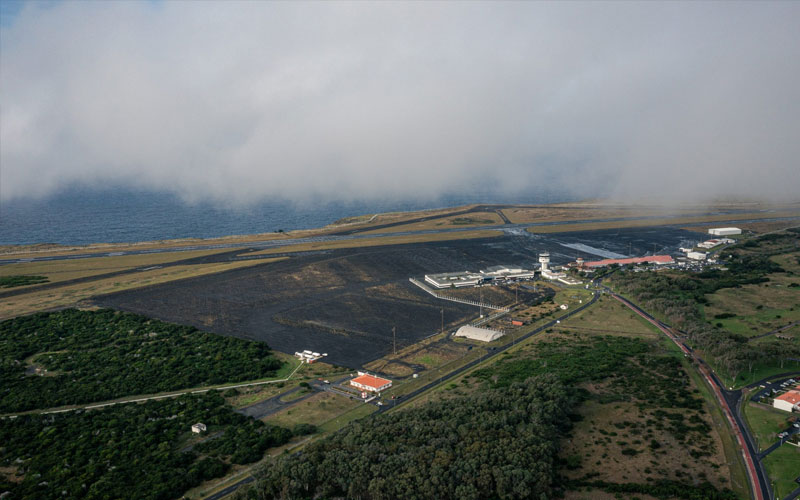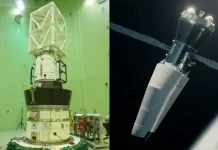
The Portuguese government has passed an amendment to its existing Space Law that outlines specific rules for licensing space launch centres within the country’s borders.
According to the preamble to the amendment, which was published on 2 February, the country’s national Space Law, which it published on 22 January 2019, “intentionally did not regulate” a national regime for launch centers.
“However, today, the increasing demand for launch centers and European interest in space access raise the need for a specific legal framework for launch center operation activities, enabling, under conditions of safety and safeguarding national strategic interests, the installation and operation of launch centers by any actor, including private entities,” explained the preamble.
Licensing of launch centres, like the licensing of space operations in the country, will be conducted by ANACOM, Portugal’s national communications authority. The Portuguese Space Agency will also be involved in the process, providing its opinion considering its function of promoting the space sector in the country. The licensing process will also include involvement from regional entities when the “intended location of the launch centre is on their land or sea territory, including, in this case, the sea areas adjacent to the respective archipelagos.”
Despite the new legislation promoting the development of launch centres within Portugal’s borders, officials were adamant that this would not preempt any publicly-funded government-led projects.
“This is about licensing locations for an activity that will be purely commercial, in other words, with the revision of the law, we are simply going to create the conditions for there to be a commercial operator that has the capacity to compete in the international market from national territory,” said president of the Portuguese Space Agency, Ricardo Conde.
While there is currently no publicly announced commercial entity looking to pursue the development of a launch center to deploy payloads into orbit, the new legislation also defines a launch center as an installation intended for the return operations of space objects. This could be applicable in the near term.
Space Rider is an eight-metre-long spacecraft being developed by prime contractors Thales Alenia Space and Avio under European Space Agency contracts. The vehicle will be capable of hosting payloads of up to 600 kilograms in orbit for around two months. The vehicle’s Re-entry Module will then return to Earth, touching down within a target area of 150 metres using a parafoil. It would then be refurbished and reflown for up to six missions.
While teams are currently using the Guiana Space Centre as a baseline landing site, locations in Italy and Portugal are being considered as alternatives for mid-inclinations missions. Portugal has offered the island of Santa Maria in the Azores archipelago as a potential landing site for Space Rider.




